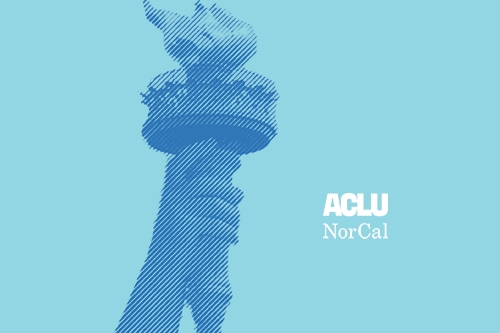Article Media

Caruthers - The American Friends Service Committee (AFSC) and the American Civil Liberties Union of Northern California today demanded an investigation into the unlawful and systemic targeting of Latinos for traffic stops and vehicle impoundments by the California Highway Patrol (CHP) in the Central Valley.
In a letter sent today to CHP Commissioner Joseph A. Farrow, the groups say detailed interviews with dozens of Central Valley community members reveal that CHP officers in Fresno County routinely patrol near agricultural fields with the intention of stopping farmworkers without reasonable suspicion of traffic infraction or crime and based solely on their ethnicity in order to impound their vehicles.
According to the letter, the practice violates the equal protection guarantees of both the U.S. and California Constitutions, as well as the California Vehicle Code, which prohibits peace officers from stopping cars for the purpose of investigating whether a driver is licensed.
"By targeting low-income, vulnerable farmworkers for unnecessary 30-day vehicle impoundments that often cost more than the value of the vehicles themselves, CHP is devastating the local community, with severely negative impacts for the local economy," said Julia Harumi Mass, staff attorney with the ACLU of Northern California. "We are calling on the CHP to immediately investigate the number and basis of stops associated with vehicle impoundments in Caruthers, California over the last six months and immediately halt vehicle impoundments in that town and the neighboring area pending the resolution of the investigation."
The AFSC and the ACLU also demanded that CHP immediately perform an audit of impoundments over the past two years in Fresno County to determine the dates, times and locations of stops, the stated reasons for stops, the offenses cited, the race of the drivers, the tow and impoundment fines levied and the ways in which profits from forfeited vehicles were used.
Interviews with affected community members and a review of tickets issued to them show that minor technical violations have been the primary charges leading to vehicle impoundments, including obstructed vision for having rosary beads hang from a rearview mirror, license plate problems such as a "bent" license plate and alleged seat belt violations.
According to the letter to the CHP from AFSC and the ACLU, one young father was pulled over for "obstructing traffic" despite driving at the speed limit and there being few other cars on the road. After the man's car was impounded, he, his wife and their two-week-old newborn baby were left on the side of the road in 100 degree heat even after telling the CHP officer who made the stop that they had no other way of getting home.
In another instance cited in the letter, the mother of a family that had already suffered two car impoundments during the previous year was pulled over while attempting to park in front of her own home by a CHP officer who claimed she was driving with "high lights." When the woman told the officer she did not have her nigh beams on, the officer alternatively said she had been swerving and that her child was improperly secured, even though the child was in a car seat appropriate for his age and weight. The CHP officer ordered that the car be towed and impounded for 30 days. When the woman's husband objected, he was threatened with arrest.
"Without a car it is practically impossible for people to access work, child care, medical care and school," said Myrna Martinez, director of human migration and mobility central valley programs for AFSC. "It is imperative for the well-being of our entire community that these unlawful traffic stops and racial profiling by the California Highway Patrol end immediately."
Both the ACLU and AFSC intend to work with Assemblyman Luis Alejo (D-Salinas) in support of Assembly Bill 60, introduced this week, which would expand the types of identification sufficient to obtain a drivers' license.
A copy of today's letter to CHP is available online.
